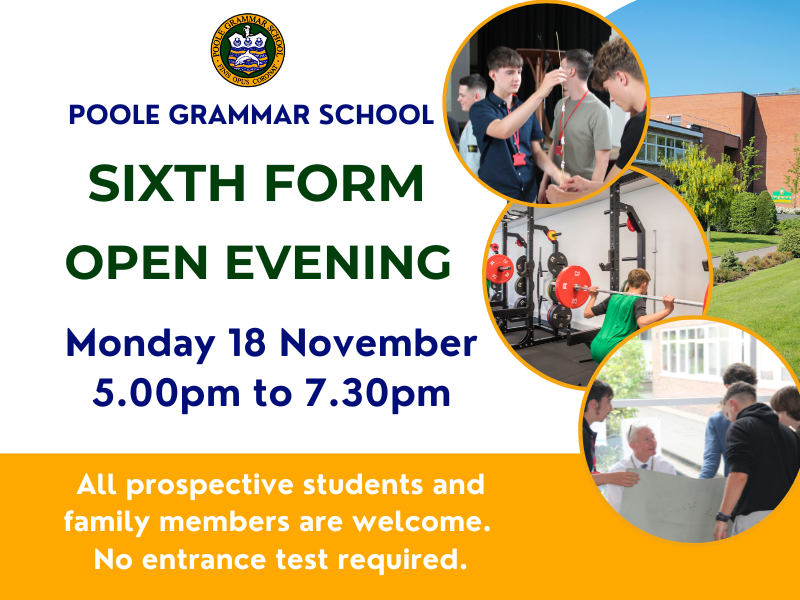Online Safety
Keeping young people safe online has become a major focus of the safeguarding agenda. Whilst in school we provide age-appropriate information through the Computing Department, PHSE, assemblies and an annual E-Safety Day delivered by the Police Safe Schools Team to all year groups, it is an area of education that has to involve parents if it to be successful.
Parents are regularly updated with information via E-comms, but are also encouraged to engage in active discussion with their sons on a regular basis about what their son is doing online. Please see the E-Safety Tips for Parents sheets that accompany this information.
An excellent starting point for this is the Vodaphone Digital Parenting Magazine which is a fantastic free resource for families to use:
http://vodafonedigitalparenting.co.uk/
Hard copies are also available from the school on request.
Further information in this complex and fast moving area is available from:
NSPCC
Provide an excellent resource that gives parents advice on online gaming and also provides a telephone helpline to deal with a wide range of queries that parents may have about their son’s online activity
https://www.nspcc.org.uk/preventing-abuse/keeping-children-safe/online-safety/
Child Exploitation and Online Protection (CEOP) Centre
Resources have been produced by the Child Exploitation and Online Protection (CEOP) Centre to help schools to teach young people about how to stay safe online. The resources were designed by young people for young people and incorporate the latest classroom chat, lingo and music to effectively portray key messages about safety online. Their education programme is delivered through age-specific range of information at: http://www.thinkuknow.co.uk/
If you have concerns as a parent or young person about something that has worried or upset you online, a report can be made at:
https://www.ceop.police.uk/safety-centre/
ChildNet International
ChildNet International provides specialist resources for young people to raise awareness of online safety and how to protect themselves.
Tel: 020 7639 6967 www.childnet.com
UK Safer Internet Centre
A partnership of three leading online organisations – South West Grid for Learning (SWGfL). Childnet and Internet Watch Foundation (IWF) – aiming to make the internet a safe and better place for all.
https://www.betterinternetforkids.eu/ contains a wide range of information for parents and young people.
We are also very fortunate in the local area to have the services of the Police Safe Schools and Communities Team that as a school we liaise closely with over a range of issues and they provide us with valuable training for our students. Parents can contact them for advice on: ssct@dorset.pnn.police.uk Tel: 01202 222844
The SSCT also produce periodic newsletters for parents with regard to online safety.
Safer Internet Day
Every year the school supports safer Internet Day which takes place in February and encourages this to act as a catalyst for students and their parents to think about positive internet use.
Youth Produced Sexual Imagery
This was previously known as ‘sexting’ and is one of the major areas of concern that we have to deal with with our students in the context of E-Safety. Virtually all young people now have access to a smartphone and these are the primary tools used by many to create, distribute or receive sexualised images. Where this has occurred and has an impact in school we are obliged to investigate. When possible, this will be done by working with the young person(s) and their parent(s) to resolve the situation. If this is not possible and/or the incident more serious, we will work in liaison with the Police. If we do this then YPSI is a crime and, when investigated by the Police, such incidents are now recorded as an ‘Outcome 21’.
The guidance that the school works to is contained in the following booklet:
https://www.safeguardinginschools.co.uk/responding-sexting-schools-colleges-ukccis/
E-Safety Tips For Parents

